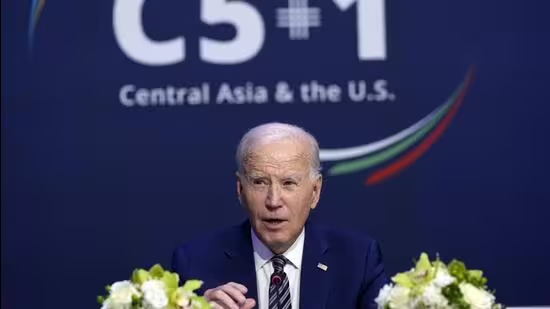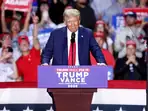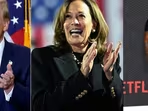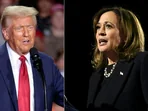In Biden’s speech, the American push for global multilateral reform aligns with India’s agenda
In his speech at the United Nations General Assembly on Tuesday, US President Joe Biden made a strong pitch for reformed multilateralism, calling for the inclusion of both more permanent and non-permanent members in the Security Council (SC) and reaffirming the American commitment to the reform of multilateral development banks (MDBs).

The reference to reformed multilateralism is music to the ears of Indian policymakers. Biden’s remarks are seen not just as a reflection of the convergences between Delhi and DC on a growing shared agenda that goes beyond the bilateral box of traditional issues, but also a sign that the American side today recognises the need to adopt a different approach to the world order than the earlier unilateralist approach.
In his remarks on the UN, Biden recalled that in 2022, from the same platform, he had called for reform of the UNSC. He said, on Tuesday, that the US recognises that to meet the new challenges, “decades-old institutions and approaches” must be updated to keep pace with the world. “We have to bring in more leadership and capability that exists everywhere, especially from regions that have not always been fully included. We have to grapple with the challenges that are more connected and more complex. And we have to make sure we are delivering for people everywhere, not just somewhere. Simply put, 21st century results are badly needed to move us along. That starts with the United Nations — starts right here in this room.”
Biden claimed that since his publicly announced commitment to UNSC reform last year, the US had “undertaken serious consultations” with many member-states and that it will continue to push “reform efforts” forward, look for “points of common ground”, and “make progress in the year ahead”.
The UNSC reform agenda has been held hostage to process, where the inter-governmental negotiations (IGN), the primary forum for deliberation on discussion on reform, has failed to produce a text on the basis of which discussions can move forward. China, which is opposed to India’s inclusion in the Council in practice but has framed its position by basing it on the need for consensus, and a group of “naysayer” countries, which don’t want to see their regional rivals get the top spot, are seen as blocking the progress.
Biden also said that the US is taking more steps to make global institutions more “responsive, effective and inclusive”. In this backdrop, he specifically mentioned steps to “reform and scale-up” the World Bank, expand its financing, and equip it to address “address interconnected challenges like climate change and fragility”. Under the Indian presidency, G20 took a lead in presenting a roadmap under an expert group to reform MDBs, the findings of which were reflected in the New Delhi declaration.
Biden said that he had asked the US Congress for an additional $25 billion to expand World Bank financing. “And at the G20, we rallied the major economies of the world to mobilise even more funding. Collectively, we can deliver a transformational boost to World Bank lending. And because the multilateral development banks are among the best tools we have for modern- — mobilising transparent, high-quality investment in developing countries, reforming these institutions can be a game-changer.”
Biden also spoke of US efforts to bolster the voice of developing countries in the International Monetary Fund and reform the World Trade Organisation, adding, “And this month, we strengthened the G20 as a vital forum, welcoming the African Union as a permanent member.”
For a country that is seen as both the prime architect and beneficiary of the current international order, the evolution in the US position on multilateral institutions and its alignment with Prime Minister Narendra Modi’s call at G20 for a reform in global institutions to reflect contemporary realities is striking.
Disclaimer: The copyright of this article belongs to the original author. Reposting this article is solely for the purpose of information dissemination and does not constitute any investment advice. If there is any infringement, please contact us immediately. We will make corrections or deletions as necessary. Thank you.
Title:In Biden’s speech, the American push for global multilateral reform aligns with India’s agenda
Url:https://www.investsfocus.com









